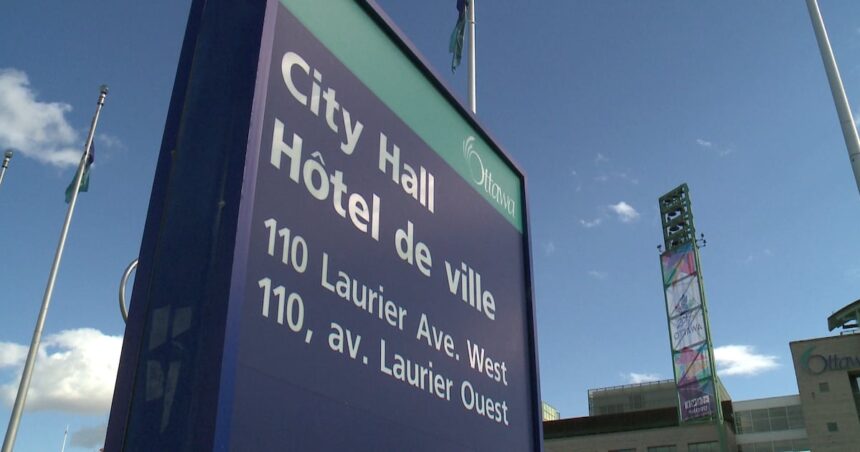As Ottawa’s local political scene shifts with each new council meeting, I find myself increasingly intrigued by how our city balances democratic expression with public order. Yesterday’s committee discussion brought this tension into sharp focus.
A new voluntary notification system for protest organizers is being considered by Ottawa officials, marking a significant shift in how the capital manages public demonstrations. The proposed system would encourage—but not require—protest organizers to inform the city about upcoming events, creating what supporters call a more collaborative approach to managing demonstrations in a city that serves as Canada’s protest epicenter.
The Community and Protective Services Committee voted 5-1 on Thursday to advance the proposal to City Council for final approval on November 22. If adopted, the policy would establish clear communication channels between protest organizers and city officials while maintaining the constitutional right to demonstrate.
“This isn’t about restricting protests—it’s about creating dialogue,” explained Kim Ayotte, General Manager of Emergency and Protective Services. “When we know what’s coming, we can better prepare city services and inform residents who might be affected.”
Under the proposed system, organizers would be encouraged to submit details about their planned demonstrations through an online portal or by contacting the city directly. The information would include estimated attendance, planned routes, and duration—details that would help the city allocate appropriate resources.
The proposal emerges from Ottawa’s challenging experiences managing recent high-profile protests, including the 2022 “Freedom Convoy” that occupied downtown streets for weeks. That event cost the city approximately $7 million in policing and cleanup expenses while significantly disrupting local businesses and residents.
Councillor Ariel Troster, who represents downtown residents, voiced strong support for the measure. “My constituents still feel the aftermath of the convoy occupation. This policy creates structure without impeding anyone’s right to protest.”
The solo vote against came from Councillor George Darouze, who expressed concerns that even a voluntary system might discourage legitimate democratic expression. “We must be extremely careful not to create barriers to citizens exercising their constitutional rights,” Darouze stated during deliberations.
Civil liberties experts have offered mixed reactions. The Canadian Civil Liberties Association noted that while the voluntary nature of the system appears constitutionally sound, implementation will require careful monitoring.
“The devil is in the details,” said Cara Zwibel, CCLA’s Director of Fundamental Freedoms Program, in a recent statement. “Will those who choose not to notify face informal consequences? That’s where we must remain vigilant.”
Some protest organizers have already indicated willingness to work within the proposed framework. Robin Browne, coordinator of the 613-819 Black Hub, suggested that many organized groups already communicate informally with the city. “Formalizing the process could actually benefit everyone if done respectfully,” Browne commented.
The policy would apply to demonstrations of all sizes and political persuasions. City staff emphasized that notifications would be treated as confidential information shared only with necessary service departments.
Mayor Mark Sutcliffe has indicated his support for the balanced approach. “Ottawa must remain a place where democratic expression thrives while ensuring the city functions for everyone,” he stated at a recent press conference.
If approved, Ottawa would join Toronto, Calgary, and Vancouver in implementing similar notification systems for public demonstrations. City staff estimate the setup costs at approximately $75,000, with annual operating expenses of $50,000.
The final vote at City Council on November 22 will determine whether this new chapter in managing Ottawa’s protest landscape moves forward.
Walking through the Byward Market this morning, I overheard several café conversations about the proposal. As someone who’s covered numerous protests over my years reporting in Ottawa, I recognize the delicate balance this policy attempts to strike—acknowledging both our city’s unique role as the national capital and the needs of those who call it home.







